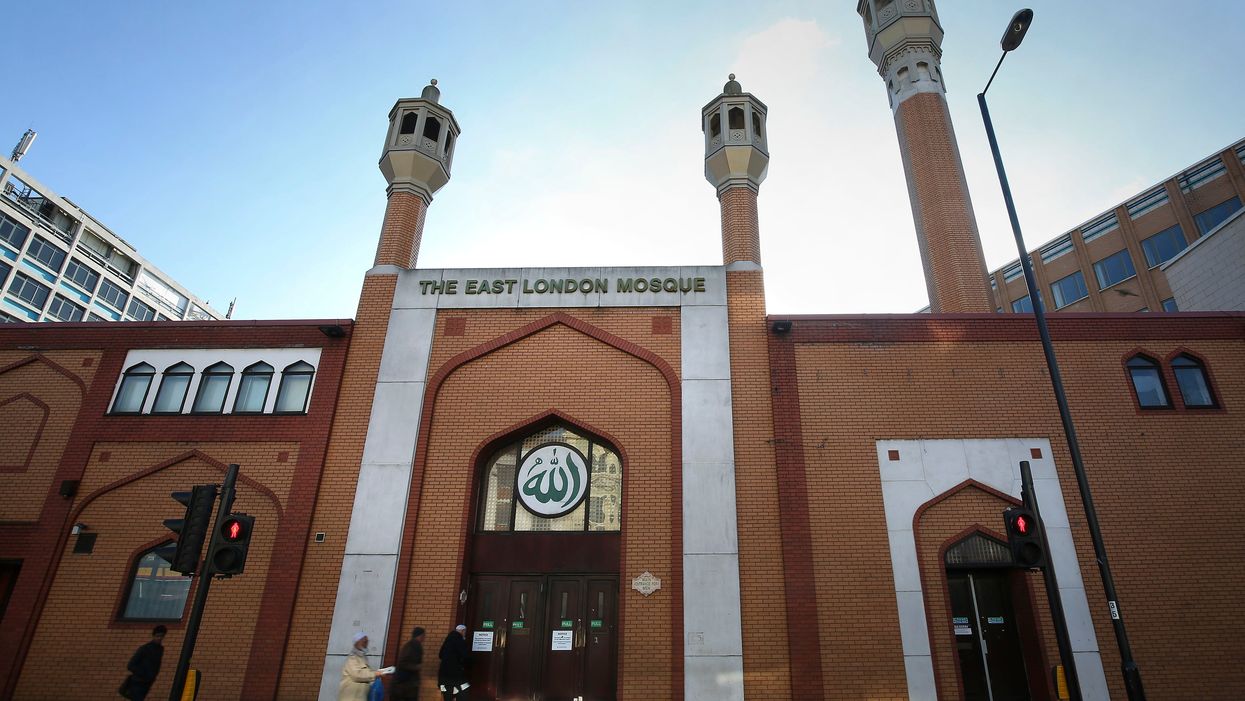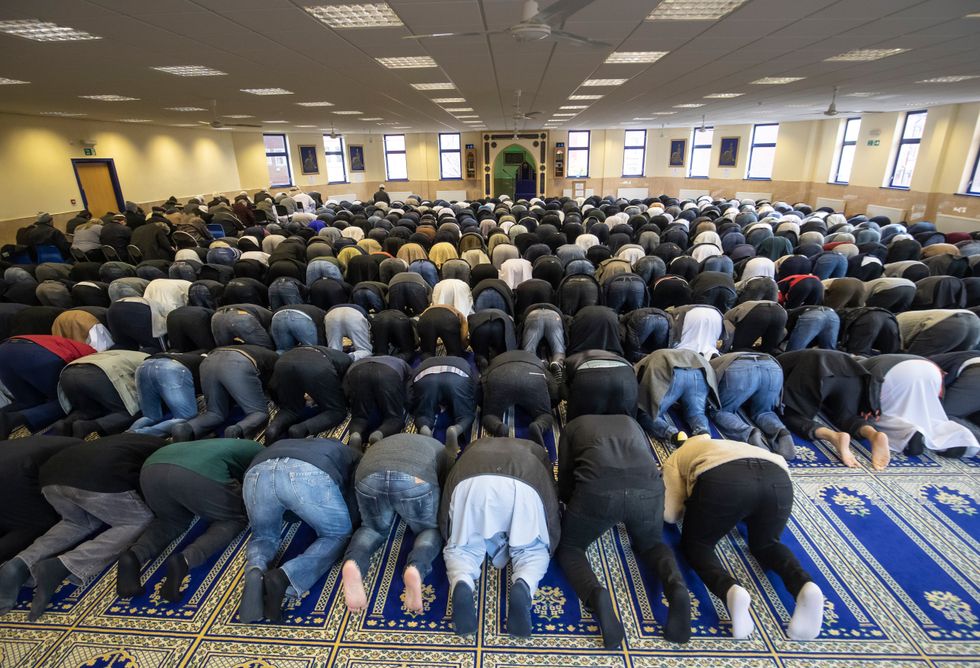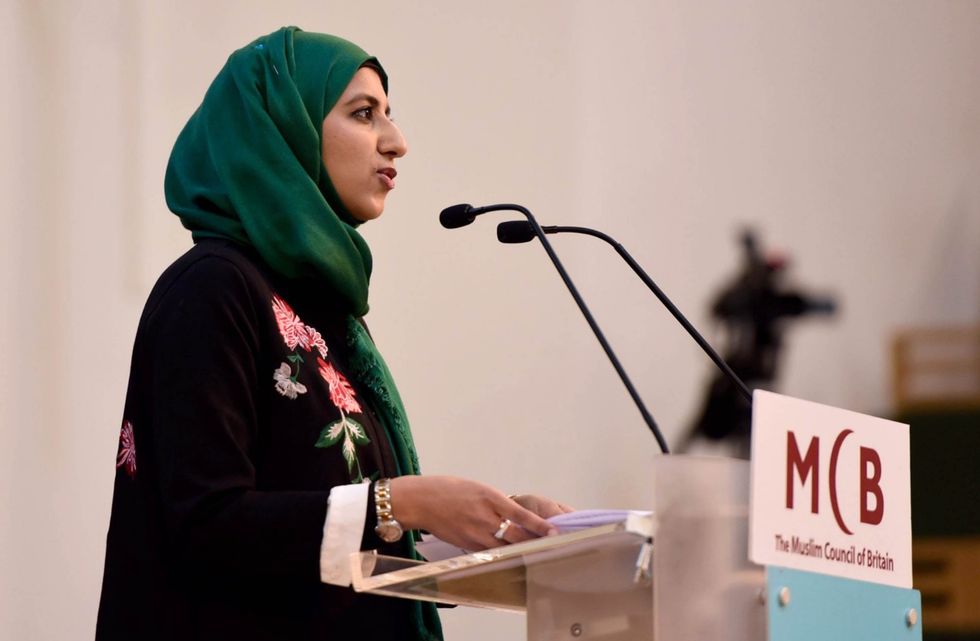
Mosques are preparing for Ramadan after the holy month had to be observed during last year’s coronavirus restrictions without the usual community prayer gatherings.
Ramadan, the ninth month of the Islamic calendar, begins with the first sighting of the new moon over Mecca in Saudi Arabia expected on April 12 this year, although this may change.
Many Muslims abstain from all eating and drinking during daylight hours, although Islamic medical professionals have urged those fasting to still get vaccinated against coronavirus.
Salman Waqar, from the British Islamic Medical Association (BIMA), told the PA news agency Muslim scholars across the world have said vaccinations do not break the fast, and people should not delay their jab on account of Ramadan.
Thank you @AliRacaniere @SouthAsianHF et al for highlighting the issues related to vaccine rollout in Ramadan. We… https://t.co/Lo3UJW7iHr— British Islamic Medical Association (@British Islamic Medical Association) 1617883460
Dr Waqar co-authored a study that assessed the impact of Ramadan fasting on Covid-19 deaths in 2020, which found it did not contribute to a rise in deaths.
The report said: “There has been much commentary suggesting that the behaviours and cultural practices of minority communities explain their increased exposure to the pandemic.”
It said these claims were “not evidence-based” but “unhelpful distractions” from existing health inequalities.
Dr Waqar added: “We don’t want to exceptionalise Muslim communities for observing these religious or cultural practices. Everyone everywhere is fed up with being stuck indoors.
Our analysis on #Ramadan & #COVID19 mortality with @miqedup @NazimGhouri @MehrunishaS @Halima_Begum @MichaelMarmot.… https://t.co/msg55jGyKt— Salman Waqar (@Salman Waqar) 1617261963
“Even when places of worship were open, Test and Trace didn’t attribute many cases of Covid transmission to those places.
“Of course, the data is self-reported, so there is some under-reporting of that, but there doesn’t seem to be a suggestion that places of worship are responsible for outbreaks of Covid.”
The East London Mosque and Muslim Centre, one of the largest mosques in Europe and the biggest in the UK — accommodating more than 7,000 worshippers on Fridays before the pandemic — is preparing to welcome people back for Ramadan prayers.
Head Imam, Shaykh Abdul Qayum said they were “blessed” to be able to return: “However, we shouldn’t forget that we are still in a pandemic, and as such, the mosque has taken appropriate precautions to ensure that Ramadan in its premises is conducted in a safe way.”
The mosque will not open until 15 minutes before prayer starts, and everyone is asked to leave with 10 minutes of it ending. The prayers, usually two hours long, have also been shortened.
Worshippers are to bring their own prayer mats and bags for shoes, and no one under the age of 12 should attend. Sanitation stations have been placed throughout the building, which will operate with a one-way system.
Traditionally, the mosque hosts a big meal after sunset so everyone can break their fast together but this year donations are being made to the mosque’s foodbank instead.
Khizar Mohammad, from the mosque, said: “The vast majority of people are very receptive to the rules. They understand the need for them because one of the key features of Islam is that it advocates the preservation of life, so that overrides a lot of rules.”
Zara Mohammed, the first female secretary general of the Muslim Council of Britain, said she was looking forward to a more “health-conscious and sustainable” Ramadan when it came to breaking her own fast.
“We are hoping that it will give everyone a renewed optimism, in a sense to be grateful and come back again to the spiritual,” Ms Mohammed said.
She said the month was one of the biggest charitable times for Muslim communities, adding: “My message would be to keep in mind and pray for those who are still going to have a quite difficult Ramadan because they are not going to be around their loved ones, whether they are shielding or have lost loved ones through this time.”















